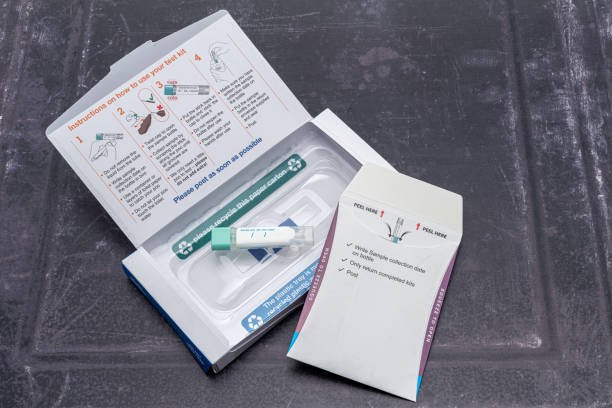
Is Terminal Colorectal Cancer Incurable? Analyzing Metastasis Symptoms and Treatment
If colorectal cancer (Colon cancer) cancer cells are not detected and removed in the early stage, some colorectal tumors will also spread to other parts of the body, resulting in the so-called “metastatic colorectal cancer”, which is also commonly known as the terminal colorectal cancer. (Also known as advanced colorectal cancer). This article will analyze the metastasis symptoms and treatment methods of late-stage colorectal cancer, but please give priority to the advice of professional doctors. Medical staff will make a rigorous assessment based on the patient’s condition.

Metastatic symptoms of late-stage colorectal cancer
Most cases of late-stage colorectal cancer metastasis are liver metastasis, followed by lung metastasis. Other possible metastasis sites include lymph nodes, peritoneum, ovaries, bones, brain and other organs. The following are symptoms that may occur in the late stages of colorectal cancer. Readers are reminded that the following symptoms may also be caused by other physical conditions. If you have any questions, please consult a professional physician.
General symptoms of metastasis
- Tired, weak
- Loss of appetite
Lymph node metastasis symptoms
- Swelling of lymph nodes and suspected hard lumps
- Lymphedema in the neck or face
Liver metastasis symptoms
- Feeling uncomfortable or painful on the right side of your abdomen
- Poor appetite
- Weight loss
- Ascites
- Jaundice
- Itchy skin
Lung metastasis symptoms
- Frequent coughing (especially severe at night)
- Shortness of breath
- Ongoing lung infection
- Coughing up blood
- Hydropleural effusion
Bone metastasis symptoms
- Pain at the infected bone site
- Weak bones become prone to cracking or fractures
- Experiencing symptoms of high blood calcium levels (such as fatigue, irritability, confusion, nausea, thirst, and constipation)

Palliative care for terminal colorectal cancer
Generally speaking, patients with terminal colorectal cancer will receive palliative care. The purpose of this treatment is to relieve symptoms, hoping to extend the patient’s life and improve their quality of life. Many people mistakenly believe that palliative care means giving up treatment, but this is not entirely true, because cancer treatment can still be carried out at the same time to help improve symptoms such as pain and emotional stress. The following are five palliative care methods.
- Surgery:
It is usually combined with chemotherapy or radiation therapy. After the tumor shrinks, it is removed surgically. If the tumor is in the liver, cauterization or embolization can also be used to kill it. In addition, surgery can also be used to clear intestinal obstructions or help relieve uncomfortable symptoms through colonoscopy, colectomy, or colostomy. However, even if the tumor in this area is removed, it does not mean that colorectal cancer can be cured because the cancer cells may have metastasized to multiple parts of the body. - Chemotherapy:
This treatment aims to control symptoms and shrink cancer cells as much as possible, helping to relieve the patient’s condition and prolong their life. If the cancer cells show no signs of shrinking or even worsen, doctors may consider other treatment strategies or discontinue chemotherapy. The following are three typical palliative care chemotherapy methods.- Preliminary chemotherapy: used to shrink tumors or inhibit their growth before surgery.
- Adjuvant chemotherapy: removes any remaining cancer cells after surgery to reduce the chance of cancer recurrence.
- Hepatic arterial infusion chemotherapy: Chemotherapy drugs are delivered through intravenous injection to the liver, where cancer cells metastasize.
- Radiation therapy:
Similar to chemotherapy, it can shrink cancer cells and help relieve symptoms. - Immunotherapy:
The body’s immune system attacks cancer cells. The key is “immune checkpoint inhibitors” because this drug can make cancer cells detected by T cells and then destroyed. - Targeted therapy:
According to information from the Memorial Sloan Kettering Cancer Center in the United States, different drug treatments are used to attack specific genes and proteins of cancer cells to achieve therapeutic effects.













